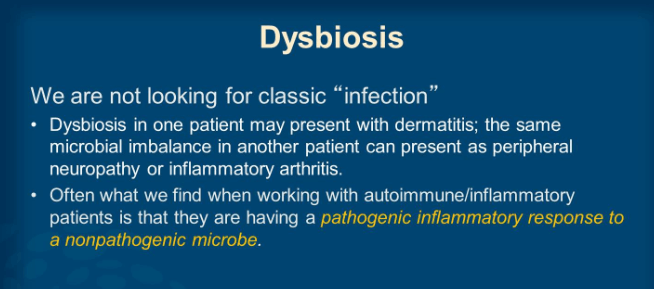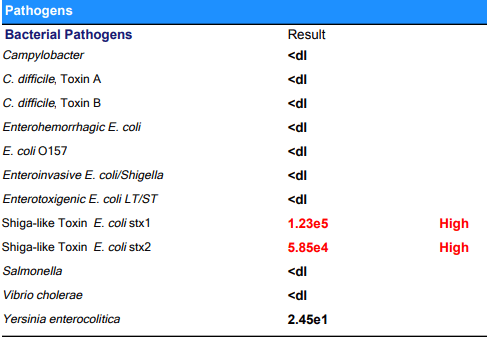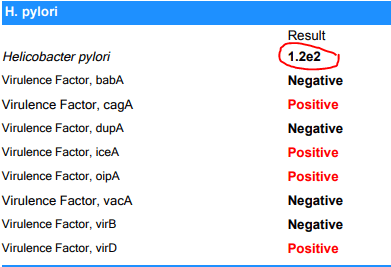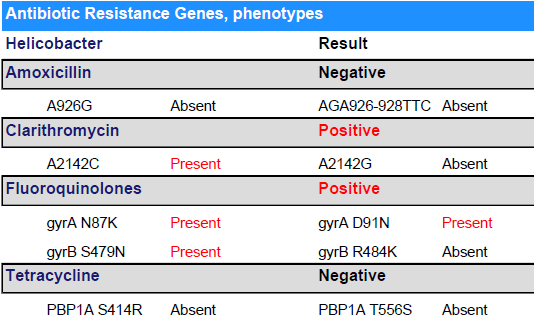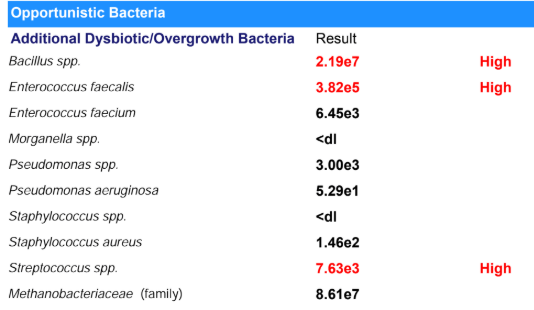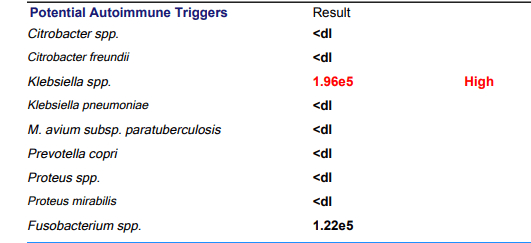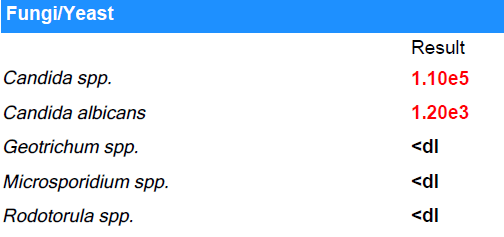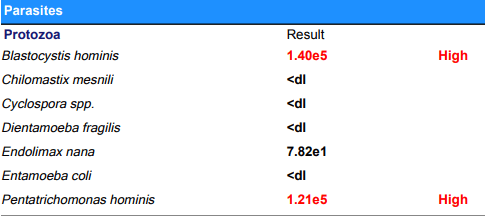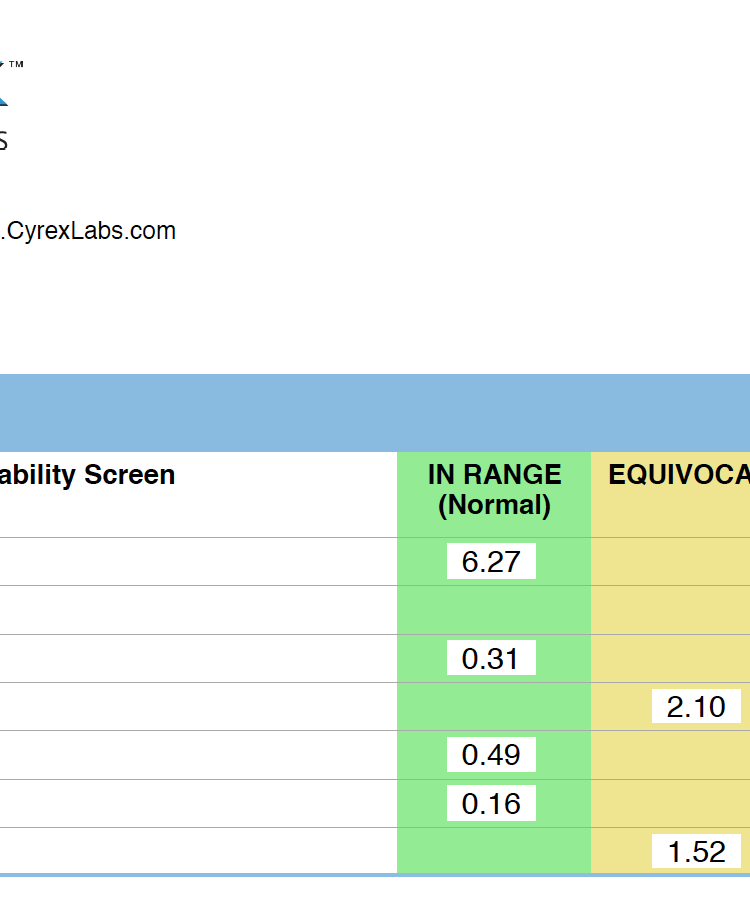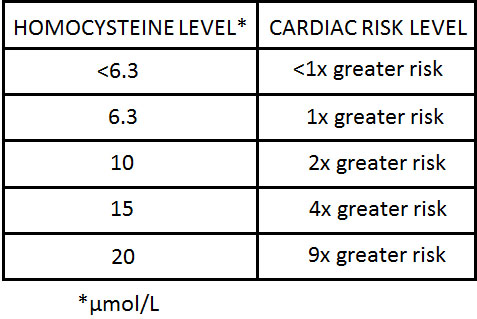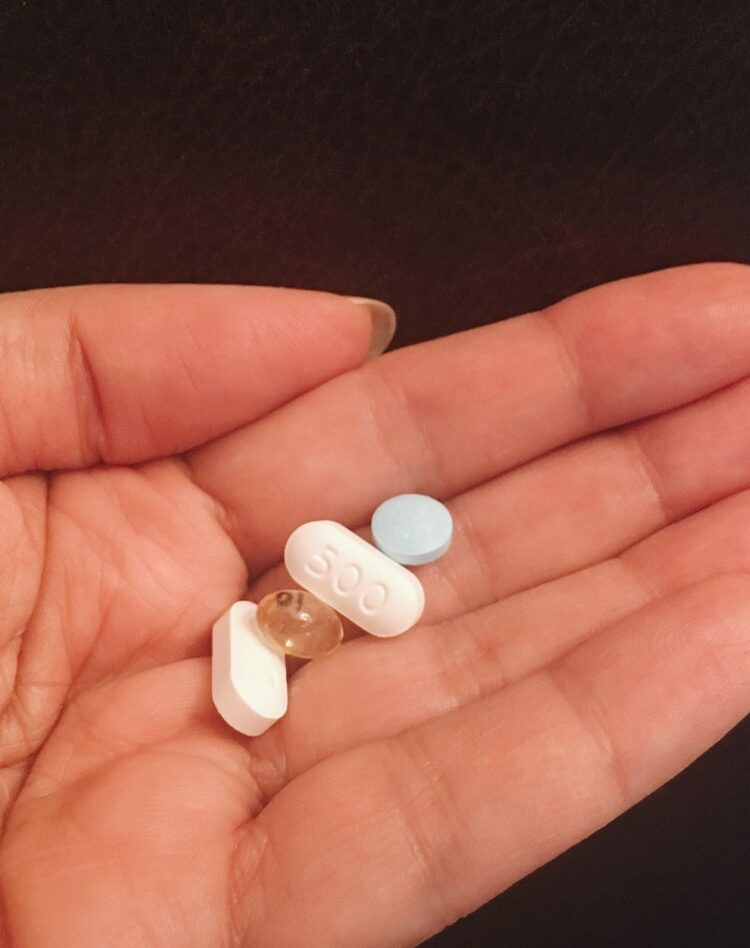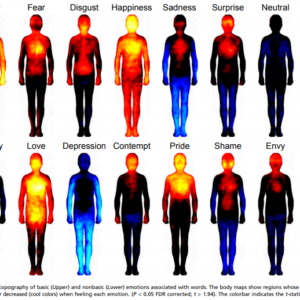What is a GI Maps stool test? What does a GI MAP test show? Here’s a detailed guide on gastrointestinal function test, and a breakdown of a GI Map stool test sample.
Do you have constant gastrointestinal problems?
Have you been to GI doctors, who can never find anything wrong with you despite how bad you feel?
Do you have acne on different parts of your body that just won’t go away?
Do you have anxiety that won’t go away even if you’ve tried everything to get rid of it? Are you always constipated or having diarrhea?
If this sounds like you, there’s a strong possibility that your microbiome is not balanced.
You likely have a larger proportion of bad bacteria, parasites, and candida than the amount of good probiotic bacteria in your gut. This is called Dysbiosis.
This disruption in your gut microbiome can affect the neurotransmitters in your brain, leading to depression, anxiety, and impaired cognitive function. It can also lead to acne, eczema, rosacea, psoriasis, and breakouts on your bum, arms, and other places.
What is The Gut Microbiome?
The microbiome is the microbes on the outside as well as the inside of your body. They colonize your skin, mucosal membranes, intestines, mouth, nose, and throat.
These microbes influence your brain function, diabetes, immune system function, hormones, weight loss, psychiatric health, and more.
The GI Maps Stool test is a SPECIALTY stool test that tests WAY more than you will ever get at a GI specialist. This stool test checks for the following:
Pathogens:
The classic bacteria that cause acute symptoms in the GI tract and bowel changes.
The GI-MAP includes pathogens (bacterial, parasitic, and viral) commonly known to cause intestinal gastro inflammation.
It’s important to note that not all individuals with positive findings for pathogens will present with symptoms.
Many factors, including the health of the individual, the transient nature of some pathogens, and the presence and expression of virulence factors all contribute to an individual’s symptoms.
H. Pylori:
H. Pylori can cause iron deficiency anemia, ulcers, reflux, gastritis, and stomach cancer.
Recent studies have shown that nearly 50% of the world’s population may harbor H. pylori. Many carriers are asymptomatic.
Additionally, in the early phases of colonization, people may experience low stomach acid followed by a change to high acid.
Over time, additional H. pylori strains may colonize, including those with Virulence Factors and increased disease potential.
There are cases of H. pylori causing iron anemia and depleting vitamin C which further prevents the absorption of dietary or supplemental iron.
If you have an anemia that is not caused by internal bleeding, hemorrhoids, heavy menstruation, anemia of inflammation, genetic iron disorders, being vegan, you should get checked for H. Pylori through STOOL DNA testing.
Endoscopy is NOT sensitive enough to see this.
Antibiotic-Resistant Genes
Tests for antibiotic resistance to the most commonly used antibiotics to treat h, pylori.
Normal/Commensal Bacteria
Beneficial bacteria that when too low or too high can indicate an imbalance in the gut microbiome.
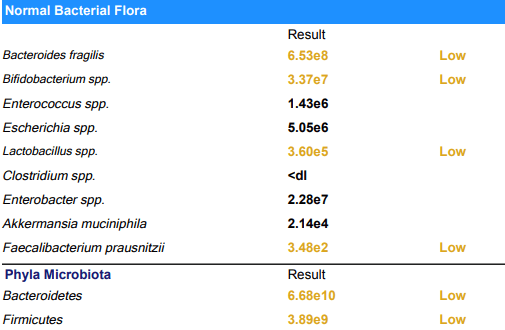
This person happened to be on a ketogenic diet, which greatly lowers the amount of normal bacteria flora in the gut. The two major species bifidobacterium and lactobacillus have major roles in protecting against many diseases.
Trillions of microorganisms inhabit the human intestine to make up a complex ecosystem that plays an important role in human health.
Good bacteria extract nutrients from our diets, maintain gut barrier function (protect against leaky gut), produce vitamins (biotin and vitamin K), and protect against colonization by potential pathogens (act as security guards in the stomach).
Opportunistic Bacteria
These are not tested routinely. These are bacteria that when they become too high, can become pathogenic and cause problems.
Many bacteria measured on the GI-MAP are considered opportunistic pathogens, as they only cause disease and illness in some individuals, particularly the immune-compromised.
How do you know if your intestinal immune system is compromised? This stool test checks for that too!
Many individuals come into contact with opportunistic bacteria and experience no symptoms. Most sources consider these microbes to be normal in the stool.
However, they can cause gastroenteritis and inflammation at high levels in vulnerable patients (someone with a low Secretory IgA).
Symptoms may include diarrhea, loose stools, abdominal pain, or even constipation. Overgrowth and excessive colonization by opportunistic bacteria may occur when the commensal bacteria are impaired by poor diet, antibiotic use, parasitic infection, or a weakened immune system.
When Leaky Gut is present, these microbes could escape the lumen of the gut and infect extra-intestinal sites.
Autoimmune Triggering Bacteria
Bacteria that is associated with influencing the immune system to develop autoimmunity. For example: Rheumatoid Arthritis & Ankylosing Spondylitis can be caused by Klebsiella.
Fungi/Yeast/Candida
Fungal organisms are commonly found in the human digestive tract, but fungal overgrowth can cause illness in susceptible individuals. Fungal growth may be localized in the body.
For instance, Candida spp. may be high in the large intestine but normal in the small intestine, and vice versa. You may have candida overgrowth if you have a white tongue, constant yeast infections, brain fog, nail/fungal infections, joint pain.
What are the common causes of yeast overgrowth?
- Antibiotic use
- High intake of sugar, starches, beer, bread, nuts, corn, cheese
- Low stomach acid
- Impaired immune function
- Dysbiosis (increased number of bad bacteria to good bacteria).
Viruses
Viral DNA can be found in the stool in an active disease state. Viruses also influence the immune system to switch on an autoimmune disease.
Viruses are common triggers of fatigue, and autoimmune diseases like Hashimoto’s Thyroiditis, Sjogrens Syndrome, Multiple Sclerosis, Gastric Cancer, and Irritable Bowel Disease.
Protozoan Parasites
Other parasites that are not routinely tested for.
A parasite is an organism that lives and feeds on a host organism at the expense of the host. The GI-MAP tests for pathogenic parasites and protozoa (some of which are non-pathogenic) most commonly occurring in the GI tract.
These protozoan parasites are NOT commonly tested for at your regular GI doctor’s office.
Some people may not express symptoms in the gut. Instead, they may experience seizures, acne, eczema, or an inability to absorb iron.
Worms
This is usually an uncommon finding in my patients, but for those who travel outside of their usual country, it’s important to check for worms.
Most of the time you would see them in your stool or experience an itchy anus.
- Hookworm
- Roundworm
- Whipworm
- Tapeworm
GI Maps test — Intestinal Health Markers:
Now we are at my favorite part of the GI Maps test.
Digestion
Steatocrit: Fat malabsorption in the stool, signaling poor gallbladder function.
Pancreatic Elastase-1: this measures the amount of enzymes your pancreas is putting out. This is one of the reasons why people bloat after they eat, they don’t have enough enzymes being secreted to break down the foods well.
Estrogen Elimination
Beta-Glucoronidase: measures if you are eliminating old estrogen efficiently. If there is a degree of gut dysbiosis and liver congestion your old estrogen will not be eliminated properly.
It will be recycled back into the body. This impacts both men and women.
Occult Blood
Fecal Immunochemical Testing (FIT): Screen for colon cancer.
Intestinal Immune System
Secretory IgG (SIgA): the intestinal immune system….the security guards of the gut. This is your first line of defense against pathogens, parasites, candida, food antigens.
If there is a low SIgA that means your security guards not doing their job and things are getting through that should not be there. The immune system is being suppressed by too many things bombarding it.
Chronic stress and pain, eating foods like wheat and dairy, corn, antibiotics, pesticides, grains usually suppress the immune system response.
When there is a high SIgA, that is your immune system rising to the occasion of battling something. It’s trying to do it’s job. It’s a signal that there’s a war going on in there.
When you have a low SIgA that makes you more vulnerable to getting sick with slower recovery.
It means you’re more likely to feel symptoms from opportunistic bacteria than someone who has a robust immune response.
Wheat Antibodies
Gliadin Antibodies: Antibodies to wheat will first appear in the gut before they ever appear on a blood test. They are contained within the gut until they can no longer be contained anymore. This means your immune system is creating antibodies everytime you eat wheat, and you DON’T need to have Celiac Disease to have a problem with wheat!
Inflammation
Calprotectin: One of the most studied markers of intestinal inflammation. It points out that the intestines are inflamed from either infections, medications, or something in the diet.
Please Note:
If you’d like to do this test, kindly reach out using the contact form here or email me via [email protected]


